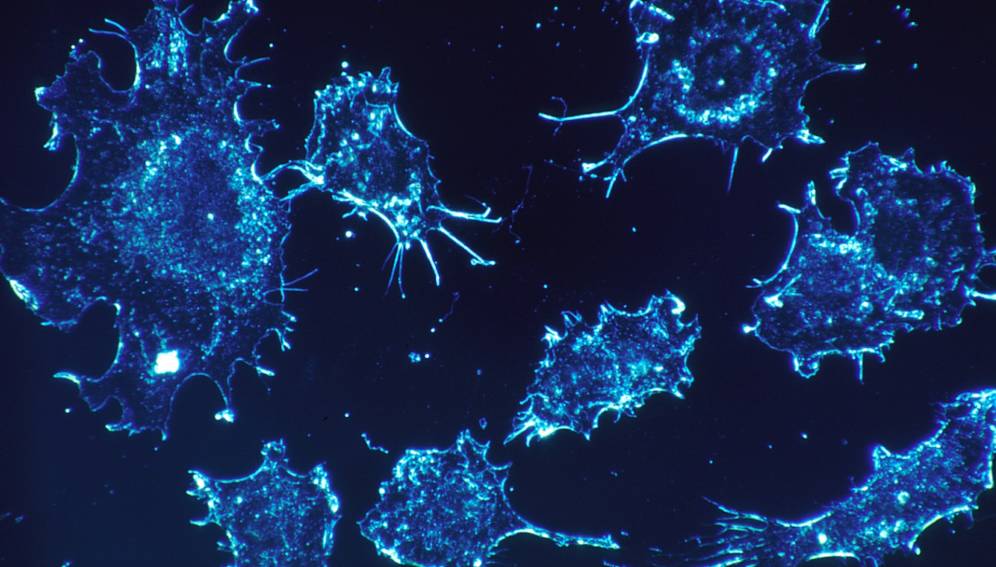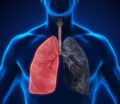
HPV is common:
Most sexually active individuals have HPV at some point
Different Types:
HPV also causes some cancers of the penis, anus, vagina, vulva, and throat. HPV infections are usually harmless, though, and most are cleared naturally by the body in a year or two.
Vaccination:
HPV vaccines can help prevent infection from both high-risk HPV types that can lead to cervical cancer and low risk types that cause genital warts. As per the recommendations, all boys and girls get the HPV vaccine at age 11 or 12. The vaccine produces a stronger immune response when taken during the preteen years. For this reason, up until age 14, only two doses are the vaccine are required. Women and men can get the vaccine up to age 45, bu for those 15 and older, a full three-dose series is needed
Transmission:
HPV is usually passed by genital-to-genital and genital to- anal contact (even without penetration). The virus can also be transmitted by oral to genital contact, although this probably occurs less often.
Pregnancy :
Pregnant women with HPV almost always have natural deliveries and healthy babies it’s very rare for a newborn to get HPV from the mother.






